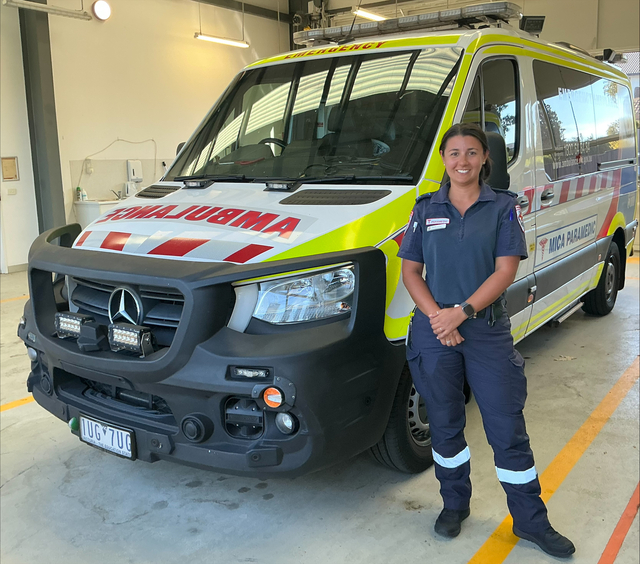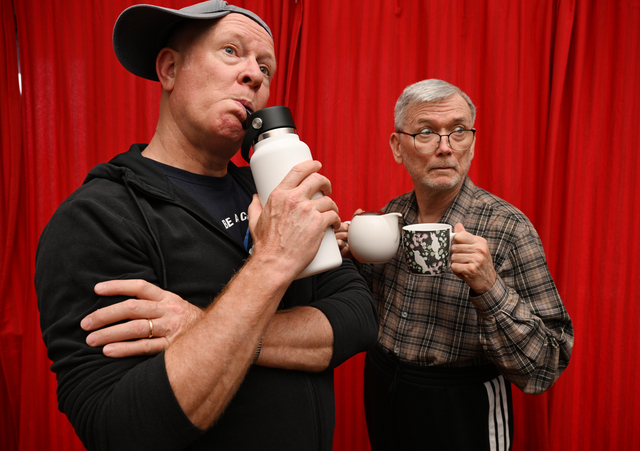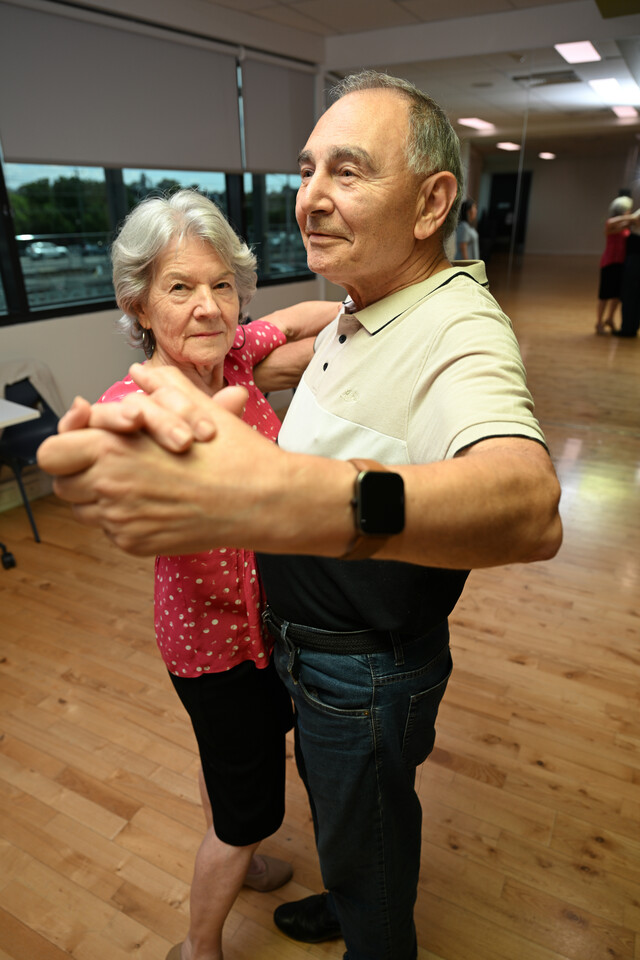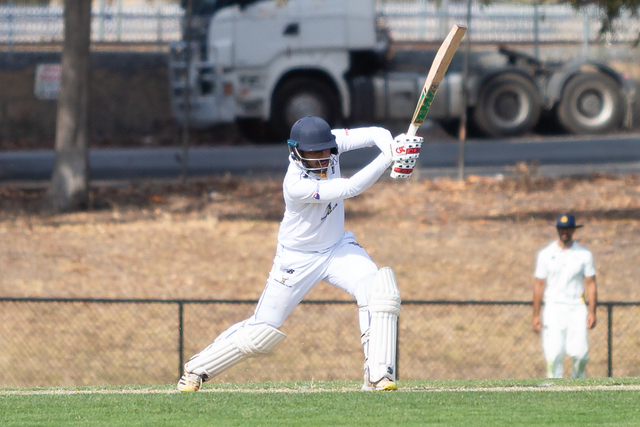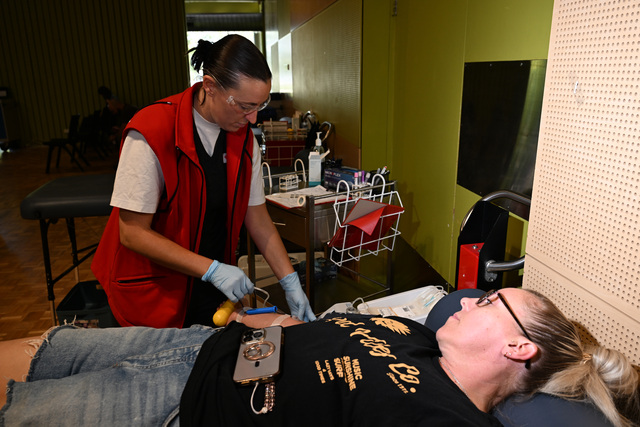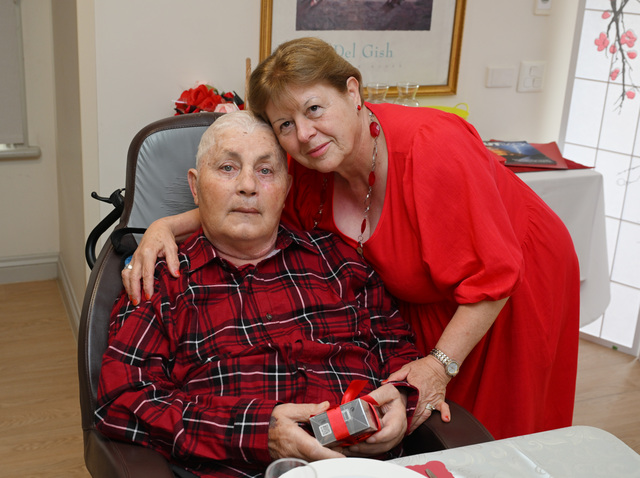By Charlene Macaulay
Brimbank’s top cop has welcomed new crime figures showing a reduction in street assaults and property crimes.
Despite the city’s overall crime rising by
2.5 per cent between the March 2013 quarter and March 2014 quarter, police statistics reveal a 23.5 per cent drop in car thefts, a 13.7 per cent decrease in residential burglaries, an 8.4 per cent dip in assaults (excluding family violence) and a 7.1 per cent drop in property damage.
But there was a 9 per cent rise in drug offences.
Brimbank police’s Inspector Chris Gilbert said there had been massive improvements over the last quarter, and he expected bigger gains for the three months to June.
Inspector Gilbert said dedicated patrols and a new safer communities taskforce was keeping the streets safer. The taskforce is deployed as needed across the municipality, including in Sunshine, St Albans, Deer Park and Watergardens.
“I’ve got no doubt that they’ve been one of the key contributors to the big reduction in assaults,” Inspector Gilbert said.
He said spikes in crime could occur at any time. “We got one in the last quarter, which we knew was an aberration.
“Assaults are actually coming down, and that’s the important part.”
Inspector Gilbert said despite recent high-profile crimes, violent offences were declining. “It’s more the perception than the reality. Stuff is going on everywhere.
“We’re starting to bring that crime backwards, and we’re trending down in some really good areas. People shouldn’t be disheartened about the west or about individual crimes. Yes, some of them are impactful, but it doesn’t mean that’s occurring every day on every street corner in Brimbank.”
Family violence continues to be a problem for Brimbank police, making up more than half of all assaults for the quarter. “This is a national problem. It has no easily defined boundaries and requires a whole-of-community response for us to see sustained reductions,”
Inspector Gilbert said. “We can help and we’re getting better at it. It’s not about being in people’s homes to prevent that … that’s impossible. But if we do our part once we think parties are at risk, then we can prevent further occurrences.”


